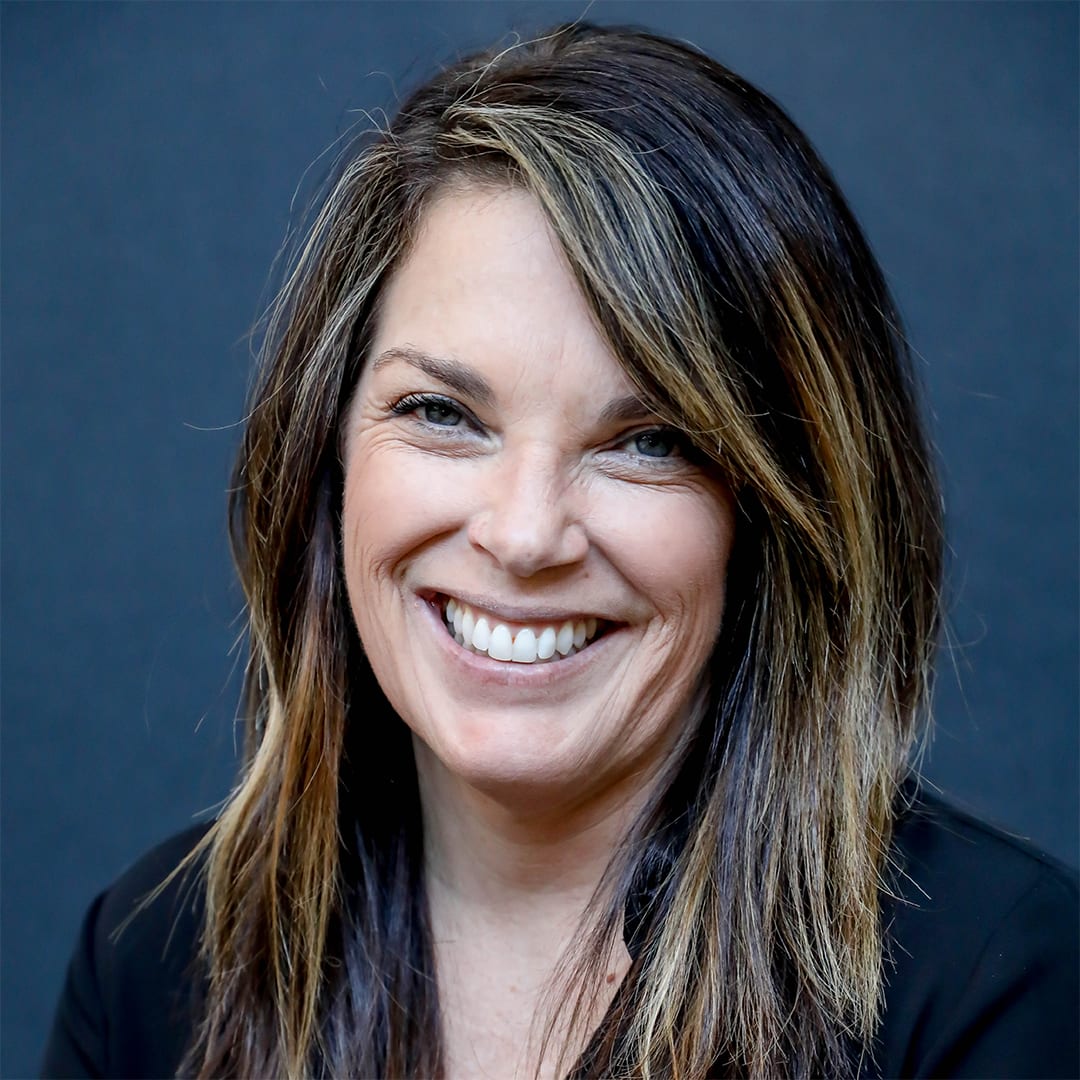Are you part of the new breed? You know them when you meet them. They are equal parts strategic and creative. They see the big picture but can hone in on the details. They know the difference between an insight and a strategy. They have an air of cool, but not too cool for clients to embrace. They used to be unicorns, but now they’re just a new breed.

At Ketchum, we continue to add specialists and enhance our client-facing expertise. Knowing the business of our clients is a table stake, and deep vertical knowledge is more valued than ever before. To create engaging content and communications you must understand your target audience from an insights perspective, how your client can stand out in their space and who influences their buyers. The days of a generalist working across diverse businesses is waning as the need for specialists becomes more acute.
At the front lines in our effort to uncover the next generation of counselors, content developers and vertical specialists is Michele Lanza, Ketchum’s head of global talent attraction and retention. I recently sat down with Michele to better understand her latest thinking on the talent landscape, and to learn more about the traits that are defining this “new breed” of communicator.
1. Is the age of “the generalist” in public relations a thing of the past?
Yes, and no. While I agree the need for industry specialists is growing exponentially and critical to meeting client needs, I also think, particularly at the more junior levels, agencies still want employees with a well-rounded skill set. Talent that can work for both a nimble startup food company and large CPG brand. Having said that, we are always looking for talent with deep personal passions and industry knowledge, whether it’s in healthcare, influencer relations, analytics, etc.
2. What types of degrees or backgrounds would you say were unheard of in our industry in the past, that are now considered valuable to marketing communications?
Data analysts, planners, paid media, influencers, innovation officers—these were not the kind of hires we were making even five years ago. Now, talent with these backgrounds are highly coveted and a part of our existing DNA. We are hiring diverse talent from a variety of experiential, academic and cultural backgrounds. While we value the importance of a college degree, we also know that experience can be gained in a variety of ways. We really try to cast a wide net when we are looking for talent and try not be too overly prescriptive about what an “ideal” background is for any role.
I remember years ago, I would interview PR people and often heard, “I got into PR because I didn’t like math.” My how things have changed! Particularly because data is now such an integral part of the work we do. We no longer just hire “PR” people, we hire consultants who help clients solve business challenges. We are looking for the data driven, creative, insatiably curious, and wicked smart.
3. What do you think is the most important thing for a Millennial or Gen-Z candidate to see in a potential employer?
All employees, regardless of generation, should be asking themselves, “Is this an environment that will challenge me, grow my skills and, most importantly, be a place where I belong?” Culture is critical. Feeling a sense of belonging is an important intrinsic motivator – there is so much research that supports the theory that when employees feel they belong, they perform better in their jobs. Even Maslow’s hierarchy of needs includes a sense of belonging as a major need that motivates humans, right up there with food, shelter and safety.
I also think these employees want to feel a deep sense of pride for the company they work for. I call it the “mom test” – they want to talk to their mom (or dad) proudly about the company they work for and the type of work they are doing. The energy around purpose is making companies take a second look at their practices, which I believe is a good thing for all involved.
4. In a generation, and industry, with high turnover, what should employers be doing to retain and develop the talent they have invested in?
It’s really simple: To keep top talent, you have to let them do great work with good people and continually provide opportunities for career growth and talent mobility. Meaning, you have to allow talent to grow and evolve by sharing new and exciting opportunities – or they will leave for a better job outside of your organization.
5. How do you see the talent landscape in marketing communications evolving over the next decade?
I suspect the distinction between different communication disciplines will continue to blur. We will see a lot more lane crossing between advertising, marketing, branding, digital, and PR. Perhaps, in the not-so-distance future, there will just be one “communications lane” where we all swim and compete.
6. What’s the one piece of advice you would offer any college student as they prepare to enter the workforce?
Find a job that you feel passionate about. Work hard, take every opportunity that is handed to you (and ask for them if they aren’t), don’t be afraid to take risks and challenge yourself and, most importantly, have some fun along the way.
And what kind of recruiter would I be if I didn’t mention that Ketchum is a great place to work and we are hiring! So come belong at Ketchum. Find the right role for you at: https://www.ketchum.com/culture-careers/




